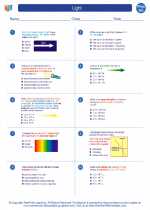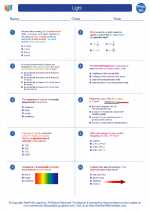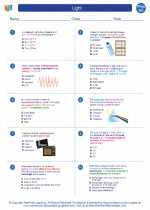Products in Physics
In physics, the term "products" can refer to several different concepts depending on the context. Here are some of the key areas where the concept of products is important in physics:
1. Scalar Product
The scalar product, also known as the dot product, is a mathematical operation that takes two vectors and returns a scalar quantity. It is defined as the product of the magnitudes of the two vectors and the cosine of the angle between them:
For two vectors A and B, the scalar product is given by:
A · B = |A| |B| cos(θ)
Where |A| and |B| are the magnitudes of the vectors and θ is the angle between them. The result is a scalar quantity.
2. Vector Product
The vector product, also known as the cross product, is another mathematical operation involving two vectors. Unlike the scalar product, the result of a cross product is a vector quantity. It is defined as:
For two vectors A and B, the vector product is given by:
A x B = |A| |B| sin(θ) n
Where |A| and |B| are the magnitudes of the vectors, θ is the angle between them, and n is a unit vector perpendicular to the plane containing A and B.
3. Work and Energy Products
In the context of work and energy, products refer to the work done on an object and the resulting change in its energy. The work-energy principle states that the work done on an object is equal to the change in its kinetic energy:
W = ΔKE
Where W is the work done, and ΔKE is the change in kinetic energy.
4. Product of Forces
When multiple forces act on an object, their combined effect is often characterized by the product of the forces. In some cases, this may involve the scalar or vector products of the individual forces, depending on the specific situation and the nature of the forces involved.
Study Guide
To understand and work with products in physics, it is important to have a solid foundation in vector operations, such as addition, subtraction, scalar multiplication, dot products, and cross products. Additionally, a strong grasp of the concepts of work, energy, and forces is essential for applying the principles of products in physics problems.
Key topics to study include:
.


